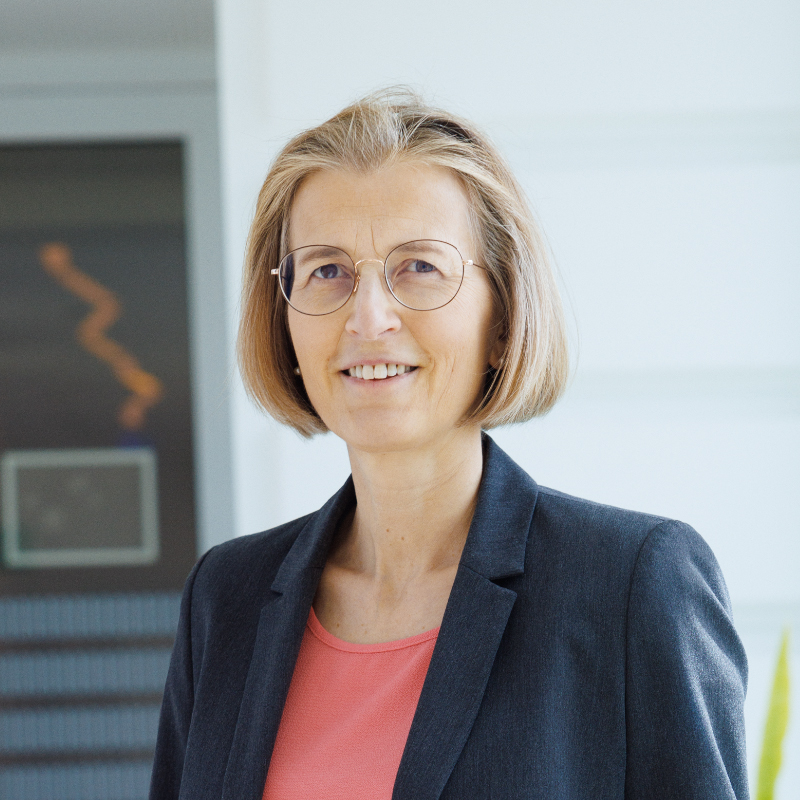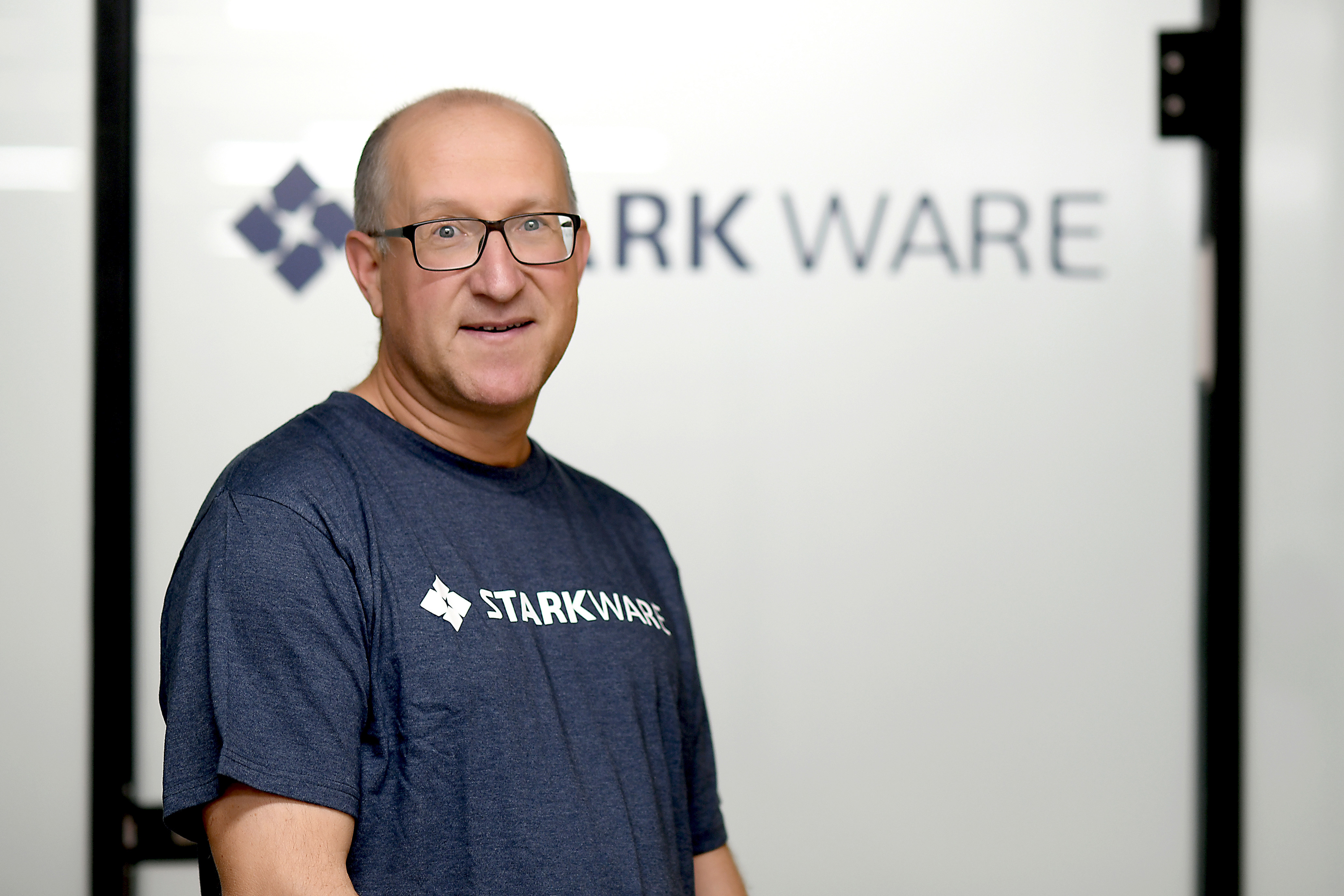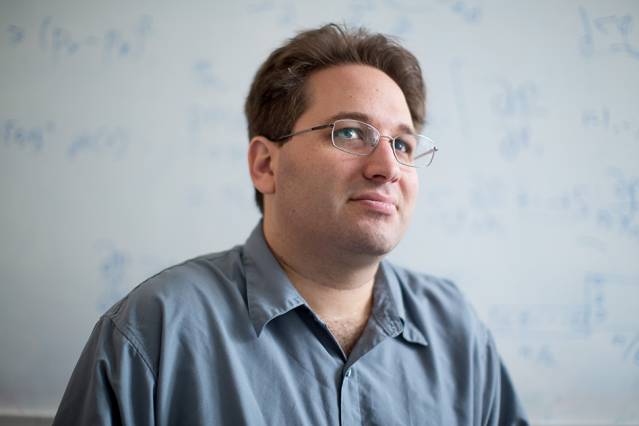Keynote Speakers
Differential Privacy with Dynamic Inputs

Monika Henzinger, Institute of Science and Technology, Austria
Tuesday June 24, 2025, 11:15am
In an era of pervasive and continuous data collection, protecting individual privacy in dynamic environments has become increasingly critical. This talk focuses on differential privacy in the continual observation setting, where data evolves over time and new outputs are released after each update. Unlike static settings, continual observation introduces unique challenges, including cumulative privacy loss and the risk of adversarial inference from correlated outputs. We will introduce the core principles of differential privacy and examine how they extend to streaming scenarios, including new composition theorems for the continual setting and highlighting key techniques and trade-offs involved in maintaining privacy over time.
The rise of zkSTARKs as Blockchain Scaling Technology

Eli Ben-Sasson, CEO and Founder StarkWare
Wednesday June 25, 2025, 11:15am
In a surprising turn of events, zk-STARKs – Scalable, Transparent ARguments of Knowledge – have risen from being viewed as arcane and impractical theory to the most efficient and future-proof way to scale blockchains, saving billions of dollars for blockchain users. zkSTARKs are also among the most promising approaches to making blockchain technology post-quantum secure.
My personal story is intertwined with that bigger story. Starting as a theoretical computer scientist, I unknowingly chose a “theory to practice” path as early as 2001 that led to a revelation in May 2013 at a Bitcoin conference – that cryptographic proofs are *the* scaling solution for blockchain. Since then, I slowly moved from theory to entrepreneurship and from math to blockchain.
STARKs are a marvelous and active research area, in which old computational models — like the MIP (multiprover interactive proofs) and IOP (interactive oracle proofs) models — find rekindled interest; classical algorithms like the Fast Fourier Transform are repurposed into new interactive protocols like FRI, DEEP-FRI and STIR; and algebraic coding results like the Guruswami-Sudan list-decoding algorithm have their first *practical* application as a STARK soundness analysis tool.
The Status of Quantum Speedups

Scott Aaronson, University of Texas at Austin
Friday June 27, 2025, 11:15am
Thirty years after Shor's and Grover's breakthroughs, should we lament how few quantum algorithms have been discovered since then, which we're confident achieve huge speedups over classical computing for problems that matter in practice? Or should we rejoice in the quantum speedups that we have? This is of course a question about our emotional stance, as much as about the quantum algorithms themselves. Nevertheless, I'll do my best to ponder the question in the light of the progress of the past few decades, with a special focus on recent advances including practical demonstrations of quantum supremacy and cryptographically certified randomness, and the Yamakawa-Zhandry algorithm and subsequent DQI algorithm for approximating NP-hard problems. I'll also indicate some directions where I see potential for progress.